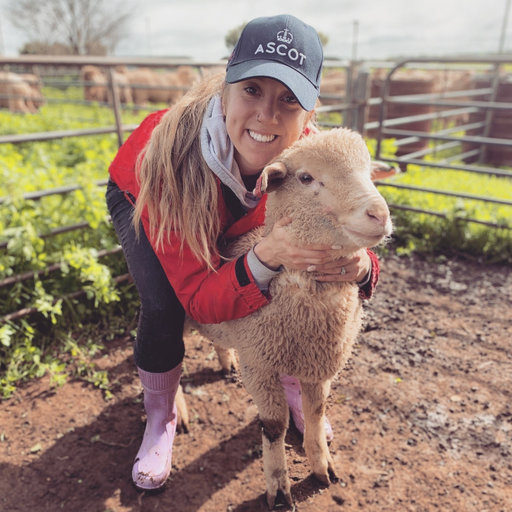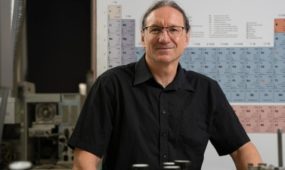Trailblazing South Australian research underway to measure heat stress in sheep
Education
A University of Adelaide PhD student is developing automatic devices to measure temperature in sheep, to better understand the impacts of body temperature on health and reproductive success.

Sign up to receive notifications about new stories in this category.
Thank you for subscribing to story notifications.

South Australian PhD student Bobbie Lewis Baida will be among the first to complete intensive research on the effects of heat stress in grazed ewes, using automated devices.
Lewis Baida, who was recently awarded the 2021 SARDI Science Bursary for Women, will attempt to remotely measure ewes’ body temperature to determine its impacts upon their physiology, behaviour, fertility and pregnancy.

She said although this is a vital area of research, it has not been thoroughly investigated in the past.
“The impact of heat stress in sheep in extensive grazing systems is not well understood,” Lewis Baida said.
“In a hot environment like South Australia, heat stress can affect sheep by threatening their physiology, reproductive function and overall health and productivity.”
“Remote measurement of body temperature may be an efficient tool to prevent and manage heat stress in free-ranging sheep.”
Lewis Baida is working with other researchers at the University of Adelaide to develop automatic devices to measure temperature.
She said the automated devices are truly invaluable to her research, as they eliminate the need for human interference in data collection, which is crucial when working with sheep.
“Human presence disrupts the physiology of sheep and leads to stress-induced hyperthermia and increased metabolic heat production associated with the flight response.”
“With the automated technology, you get a much more accurate insight into an animal’s thermal status and can analyse their true response to heat whilst they are in the paddock.”
“I’m hoping the information will determine the true impact of hot conditions, not only on sheep physiology and behaviour, but also on reproductive outcomes.”
Lewis Baida said she would use the SARDI Science Bursary for Women to help cover the cost of the “high-quality temperature loggers” needed for the research.
Jump to next article



